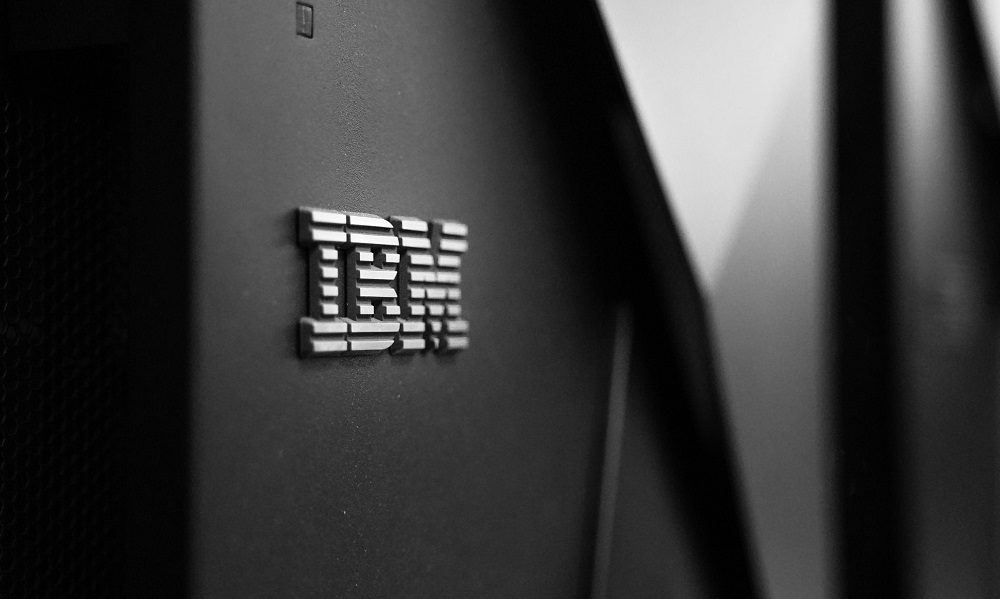IBM has updated its family of AI models compact size for business Granite with the launch of its third generation. Granite 3.0, with open source license Apache 2.0, includes models for general purpose companies (Granite 3.0 8B-Instruct, Granite 3.0 2B-Instruct, Granite 3.0 8B Base y Granite 3.0 2B Base), of protection and safety barriers (Granite Guardian 3.0 8B y Granite Guardian 3.0 2B) and MoE architectureo Mixture of Experts (Granite 3.0 3B A800M Instruct, Granite 3.0 1B A400M Instruct, Granite 3.0 3B A800M Base y Granite 3.0 1B A400M Base).
Granite 3.0 8B and 2B are built for enterprise AI, with a focus on tasks such as recovery augmented regeneration (RAG), classification, summarization, entity extraction, and tool usage. They are compact in size and designed to fit precisely with business data, as well as integrate into professional environments and workflows.
The combination of one of the small Granite models with business data makes it possible, according to IBM, to achieve performance in the case of specific tasks similar to that achieved by larger models but at a lower cost. To do this, these models use an alignment technique presented by IBM and RedHat last May, InstructLab.
This new generation Granite models have been launched with more than 12 billion data tokens from 12 natural languages and 116 programming languages. They employ a two-phase training method, which takes advantage of the results of thousands of experiments designed to optimize the quality and selection of data and training parameters. Before the end of the year, IBM expects to include support for an expanded 128K context window and multimodal document understanding capabilities for Granite 3.0’s 8B and 2B language models.
Regarding the Granite Mix of Experts (MoE) Architecture models, Granite 3.0 1B A400M and Granite 3.0 3B A800M, IBM has developed them with their deployment in mind, as smaller and lighter models, in low latency applications, as well as for CPU-based deployments.
In addition to this family of models, IBM has also updated its pre-trained Granite Time Series models, following their release in early 2024. These models have now been trained with three times more data, also offering greater modeling flexibility and with support for external valiables and continuous forecasts.
The Granite 3.0 Guardian range of models is designed to enable application developers to implement security barriers by checking user prompts and LLM responses for various risks. In addition to dimensions of harm, such as social prejudice, hate, toxicity, blasphemy, violence, jailbreaking techniques, among others, these models also offer RAG-specific checks. Among them, the foundation, the relevance of the context and the relevance of the answer.
Although Granite Guardian models are derived from the corresponding Granite language models, they can be used to implement security measures alongside any AI model, whether open or proprietary. All models of the new version of Granite and the updated time series models can be downloaded now from Hugging Face.
Instructional variants of language models 3.0 8B and 2B, and Granite Guardian 3.0 models are also available for commercial use on IBM’s watsonx platform. There will also be a selection of these models as Nvidia NIM microservices, as well as through Google Cloud’s Vertex AI model Garden integrations with Hugging Face. There will also be a select pack of them on Ollama and Replicate.
In addition, IBM will also integrate various Granite models into the service offerings of several of its partners, such as AWS, Docker or Qualcomm. It will do so through its AI Hub, as well as Salesforce or SAP, among others.
Apart from these new models, IBM has also announced a new version of watsonx Code Assistantbased on the Granite code models, designed to support general-purpose programming in languages such as C, C++, Go, Java and Python. Additionally, it offers advanced application modernization capabilities for Enterprise Java Applications. Furthermore, it is now possible to access Granite code functions through IBM Granite Code, an extension of Visual Studio Code.
IBM Consulting Advantage, IBM’s AI-supported service delivery platform, also has new features, and an expansion that includes the integration of Granite 3.0 language models as its default models. Another important part of the expansion is the arrival of IBM Consulting Advantage for Cloud Transformation and Management e IBM Consulting Advantage for Business Operation.
Both include specific AI agents for various fields, applications and methods. With them, IBM consultants will be able to accelerate clients’ cloud and AI transformations, in tasks such as code modernization or quality engineering. Also to transform and execute operations across domains related to finance, human resources or procurement.


/cdn.vox-cdn.com/uploads/chorus_asset/file/25469782/STK269_ANTHROPIC_D.jpg)








